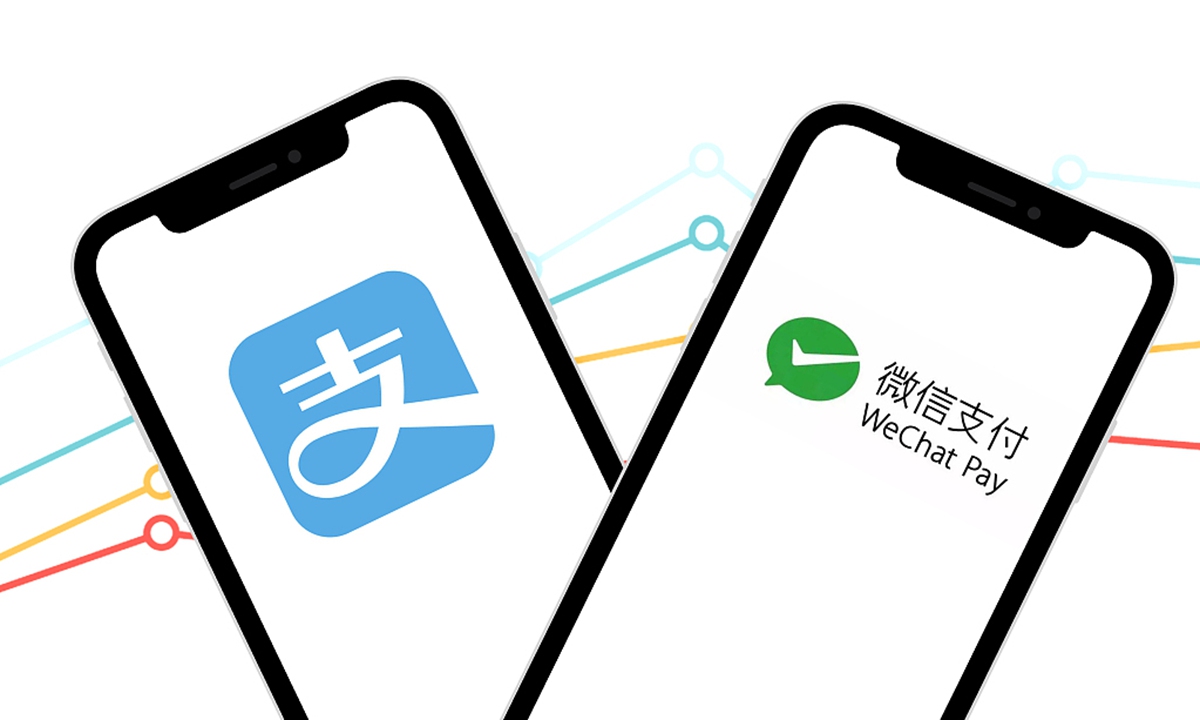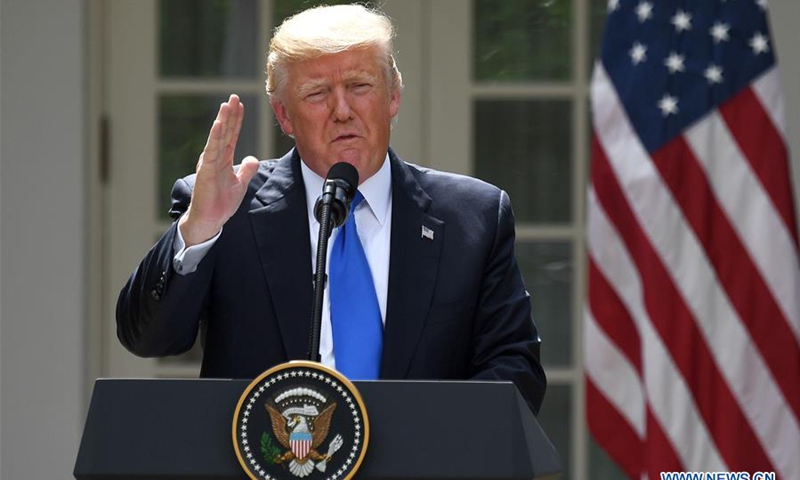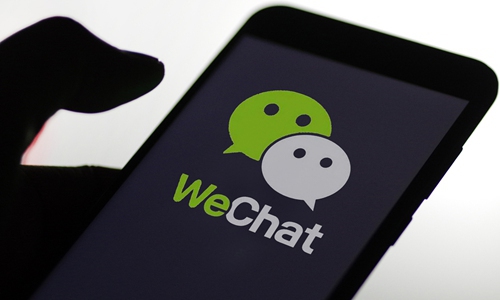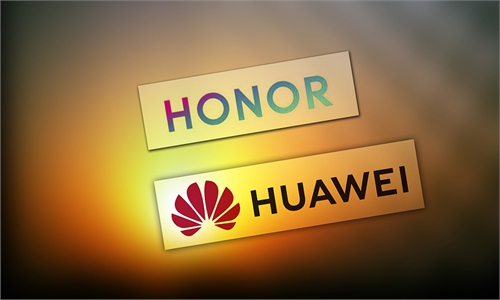Trump orders new ban on transactions with eight Chinese apps as 'last frenzy' during term: expert

Photo: VCG
Calling the move as Trump's "last frenzy" during his term of office, Gao Lingyun, an expert at the Chinese Academy of Social Sciences in Beijing, told the Global Times on Wednesday that Trump is using every minute to maximize the pressure on Chinese technology companies, consistent with his attitude over the last four years.
The order, which goes into effect in 45 days, tasks the Commerce Department with defining which transactions will be banned and implementing this order, according to the executive order published on the website of White House on Tuesday.
A US official told Reuters that the department plans to act before January 20 when Trump leaves office to identify prohibited transactions.
The functions of the eight Chinese apps range from payment, enterprise tools, to short video and messaging. The list includes Alipay, CamScanner, QQ Wallet, SHAREit, Tencent QQ, VMate, WeChat Pay, and WPS Office.
Ant Group and Tencent have not responded to the Global Times inquiry as of the press time.

US President Donald Trump (Xinhua file photo/Yin Bogu)
Citing the so-called data security concerns, Trump's order claimed "Chinese connected software applications can access and capture vast swaths of information from users, including sensitive personally identifiable information and private information."US Secretary of Commerce Wilbur Ross said in a statement on Tuesday that he supports Trump's decision and the department will begin implementing the directives, including identifying prohibited transactions related to certain Chinese connected software applications.
The order mirrors an earlier Trump executive order which blocks some transactions with Tencent's messaging app WeChat and Chinese-owned popular short video app TikTok starting September 20.
However, Gao pointed out that due to the increased understanding of how executive orders actually work, the US market and its legal system, Chinese technology companies are becoming more confident in dealing with the orders.
For instance, WeChat in September has changed the name of its WeChat Work office collaboration app to WeCom, a potential alternative to WeChat ahead of a US ban.
Trump's executive order on Chinese apps create difficulties for China-US trade relations and economic exchange, especially when a number of American users and merchants need the apps to trade and communicate with Chinese people, Gao said.
"In addition, the executive order created another barrier for the upcoming Biden administration to push forward bilateral cooperation and ease the escalating bilateral relations amid the pandemic," Gao noted.
Global Times


